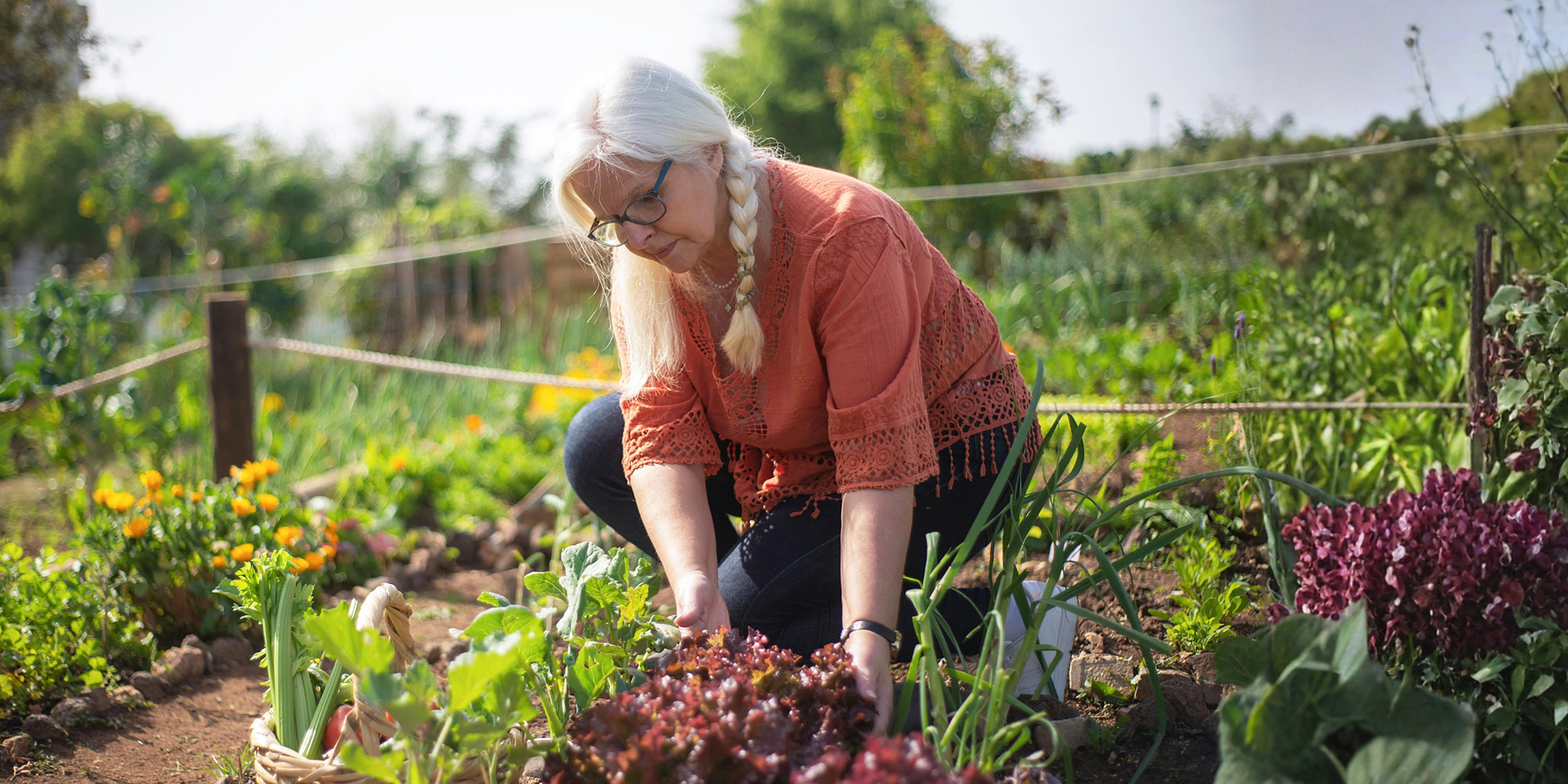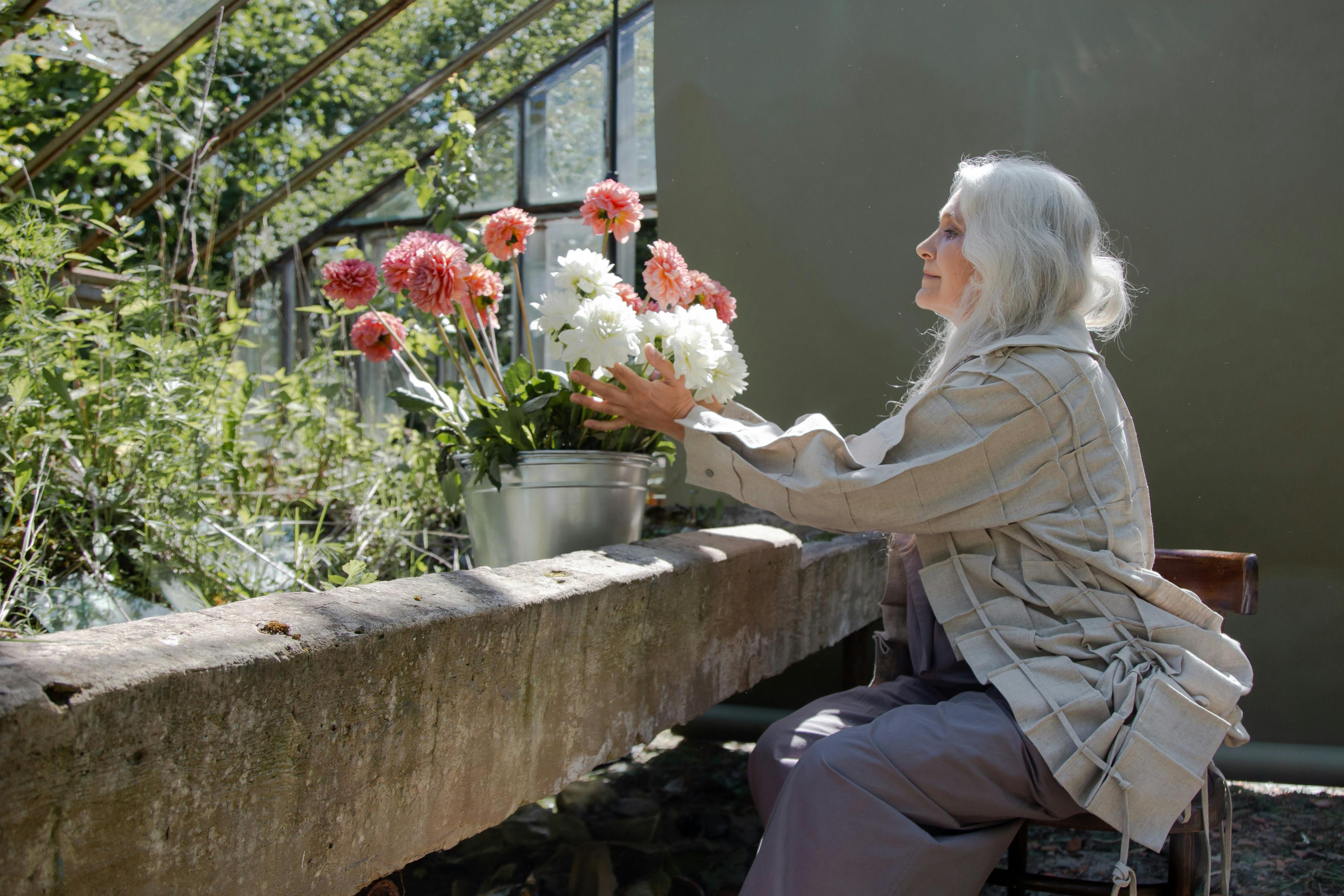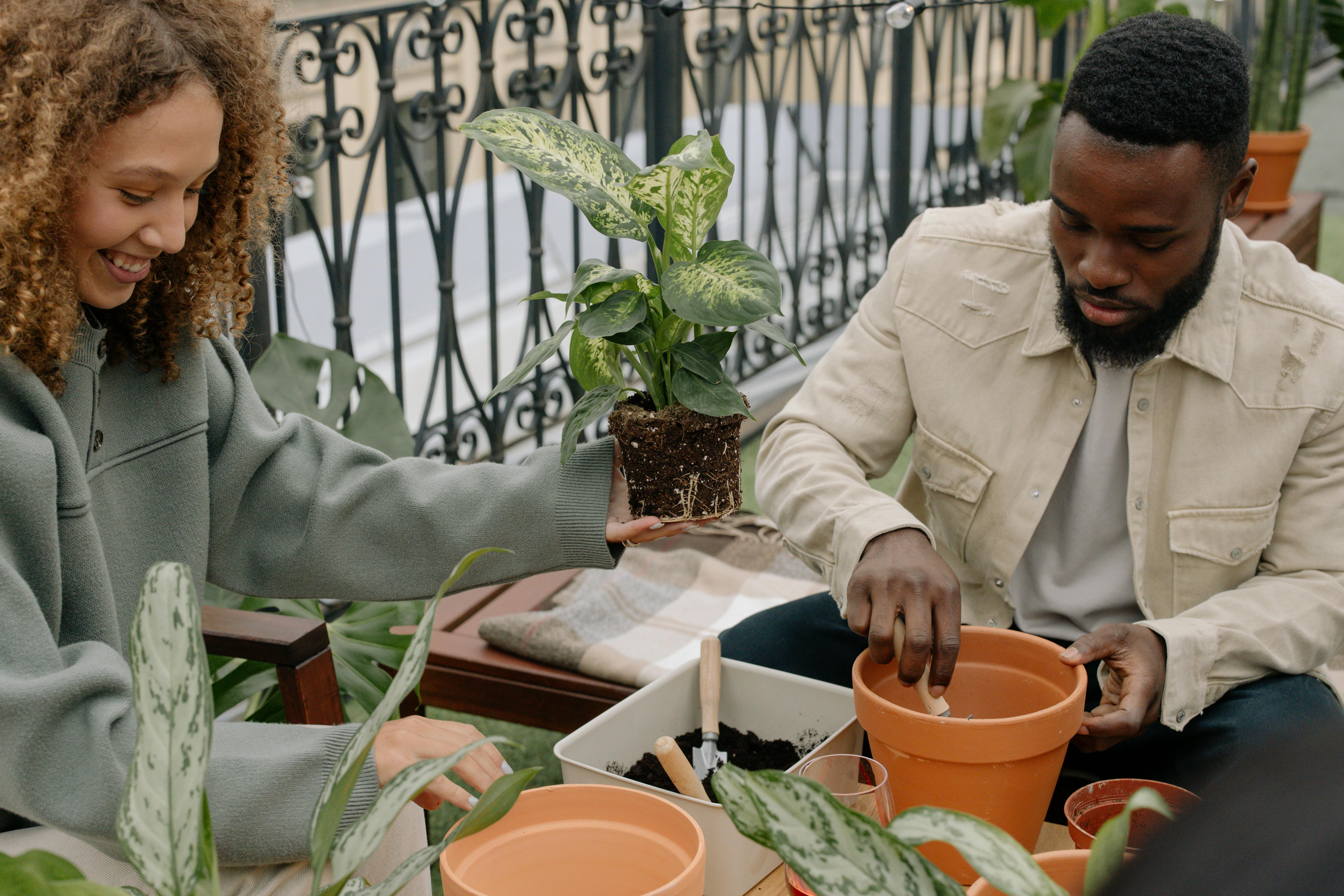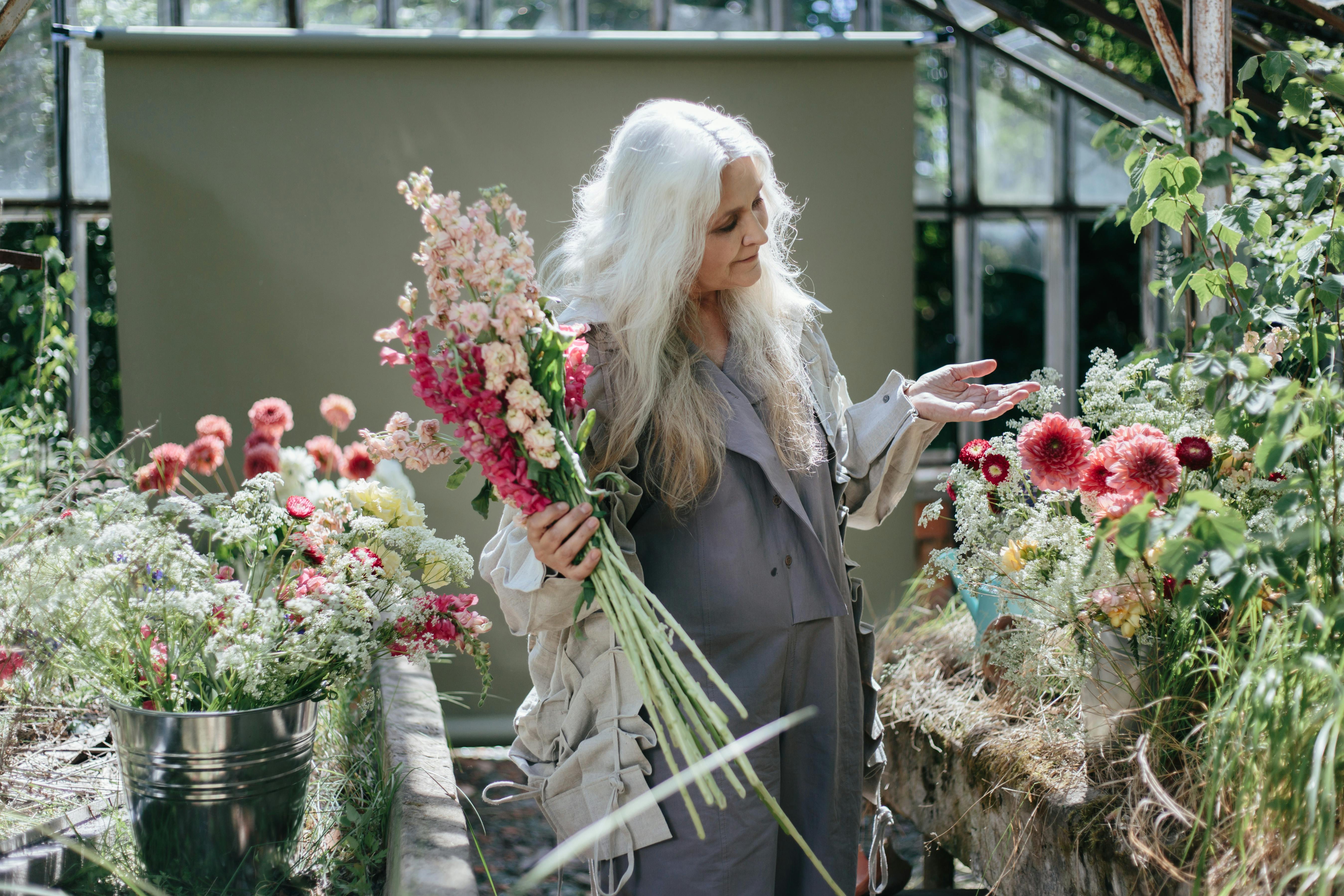
Gardening for the Soul: How Plants Bring Peace and Purpose
When life feels overwhelming, stepping into a garden can feel like stepping into a different world. The quiet focus of watering, planting, and watching things grow creates a natural sense of calm. Gardening invites you to slow down, breathe deeply, and reconnect with yourself.
Gardening is more than a weekend hobby — it's a powerful form of therapy for the mind and soul. Research increasingly shows that spending time with plants can reduce stress, ease anxiety, and lift symptoms of depression.

Woman holding flowers in a pot | Source: Pexels
The simple acts of digging, watering, and nurturing plants engage the senses and encourage mindfulness, offering a quiet space for reflection in an often chaotic world.
Beyond its calming effects, gardening fosters a deeper sense of connection — to the earth, to others, and to oneself. Watching something grow from seed to bloom offers a rare combination of peace and purpose. It's a creative process that rewards patience, builds confidence, and reminds us of our ability to care, nurture, and thrive.
Psychological Benefits of Gardening
Gardening has well-documented benefits for mental health. Studies show that time spent among greenery lowers cortisol levels, the hormone linked to stress. It also boosts mood and promotes relaxation. The physical motions of gardening, such as planting or pruning, have a meditative rhythm that helps quiet the mind.
Exposure to natural environments also enhances cognitive function. Being surrounded by plants restores attention and reduces mental fatigue, creating what psychologists call the "restorative effect" of nature.
The textures of soil, the scent of flowers, and the sight of vibrant growth engage multiple senses, grounding individuals in the moment. This sensory immersion can ease symptoms of anxiety and depression, fostering emotional stability and clarity.
Gardening and Social Connection
While gardening can be a personal experience, it also creates powerful opportunities for social connection. Community gardens and neighborhood planting projects bring people together in meaningful ways.
These collaborative spaces provide companionship, reduce loneliness, and strengthen feelings of belonging. All of which play a vital role in overall well-being. Working side by side toward a shared goal, participants build relationships through simple acts of cooperation. This could be through exchanging tips, sharing harvests, or celebrating small successes.
For many, these gardens become more than green spaces; they're communities built on trust, friendship, and mutual support. This collective experience not only improves mental health but also reinforces self-worth and confidence through contribution and teamwork.

People gardening | Source: Pexels
Gardening as a Tool for Purpose and Growth
At its heart, gardening is about nurturing life and, in doing so, rediscovering one's own sense of purpose. Tending to plants gives individuals a tangible goal: to care, to watch growth unfold, and to witness the results of patience and attention. Each sprout or blossom represents an achievement, no matter how small.
This process mirrors personal growth. It encourages perseverance, mindfulness, and gratitude. Even during difficult times, the steady rhythm of tending to plants reminds us that growth takes time and care, both in the garden and within ourselves.

Senior woman holding different kind of flowers | Source: Pexels
A Peaceful Path Forward
Whether it's a sprawling backyard, a small balcony, or a few herbs on a windowsill, gardening offers a daily reminder of life's cycles and renewal. It's a simple, grounding practice that nurtures not just plants — but peace, purpose, and the quiet joy of watching something flourish.
